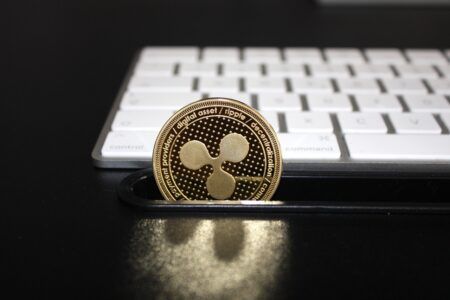A Chinese Bitcoin (BTC) investor, known by the pseudonym Feng Bin, recently filed a lawsuit against OKCoin, a digital asset trading platform.
Bin has accused the exchange of preventing him from withdrawing 38.748 BCH, which were created on August 1st, 2017 via a hard fork of the Bitcoin (BTC) blockchain. According to OKCoin, the plaintiff had been given the opportunity to claim his coins by simply pressing a ‘button’ which initiated “a program that automatically executed BCH input to user’s account.”
OKCoin: “You Cannot Claim BCH Anymore”
Bin, however, claims that “at the beginning of December 2017”, he “found that there was no ‘button’ to extract the [BCH] that the platform promised.” According to the exchange, all users on its platform who held BTC at the time of the fork were given enough time to claim their BCH.
The OKCoin representatives further stated that:
You cannot claim BCH anymore as the program has been removed from our platform. If you didn’t withdraw it at that time, it will be impossible to make [a] later withdrawal.
Bin alleges that there was “no declaration of the deadline for the receipt and the removal of the program” by OKCoin and that he had been closely following all of the company’s announcements.
Reparations For “Substantial Losses”
Based on OKCoin’s previous announcements, it appears that the exchange might not have provided an official deadline by which users were supposed to claim their BCH. Moreover, the digital asset trading platform issued a statement on August 1st, 2017 in which it clearly told users that, “If you hold bitcoins on the platform, the platform will give users Bitcoin Cash equal ownership in accordance with the user.”
Now, in addition to his complaint regarding not being able to withdraw BCH, Bin is demanding reparations for substantial “losses”, because he was unable to sell his BCH when it reached its all-time high of nearly $3,800 in December, 2017.
In total, Bin is asking for $25,000, however, OKCoin has responded – arguing that his claims are questionable since there was no trading activity linked to his account throughout 2017. This, the exchange says, is “not normal” considering last year’s bullish market.








